On May 22, the Jerusalem Strategic Tribune hosted a breakfast discussion on US policy towards Iran, led by Dr. Suzanne Maloney of Brookings in conversation with JST Advisory Board Chair Dov Zakheim. The discussion, held At a Private Club in Washington D.C, involved a group of experts and former senior US government officials. The following key points emerged in the exchange of views.
The Joint Comprehensive Plan of Action, signed with Iran in 2015, cannot be revived because Iran is not prepared to sign off on a new agreement. The Iranian regime has invested heavily over decades in its nuclear program, which was always intended as a weapons program. Having already incurred hundreds of billions of dollars in economic losses from international sanctions triggered by its nuclear program, the regime calculates that it can withstand any further economic losses resulting from such sanctions.
Given that Iran is currently enriching uranium to weapons grade at 84 percent (higher than the nuclear bombs used in World War II), and has enough enriched material for several bombs, some participants believe it is already possible to view Iran as a latent nuclear power.
The Iranian regime has shown in the past that it is deterred by American shows of force, and deterrence remains the preferred option for dealing with Iran. US determination to use force, if absolutely necessary, needs to be communicated on many levels to be effective.

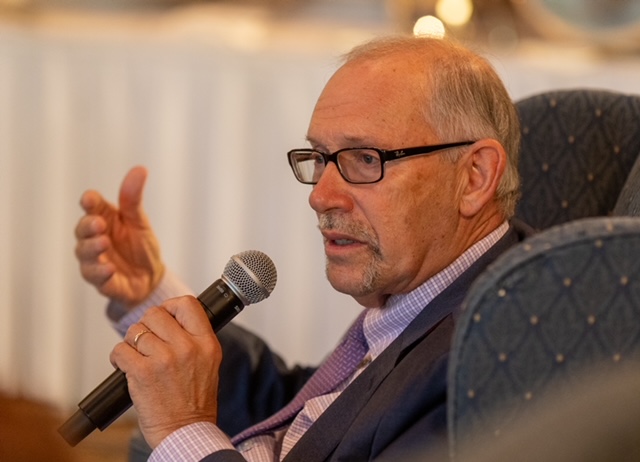
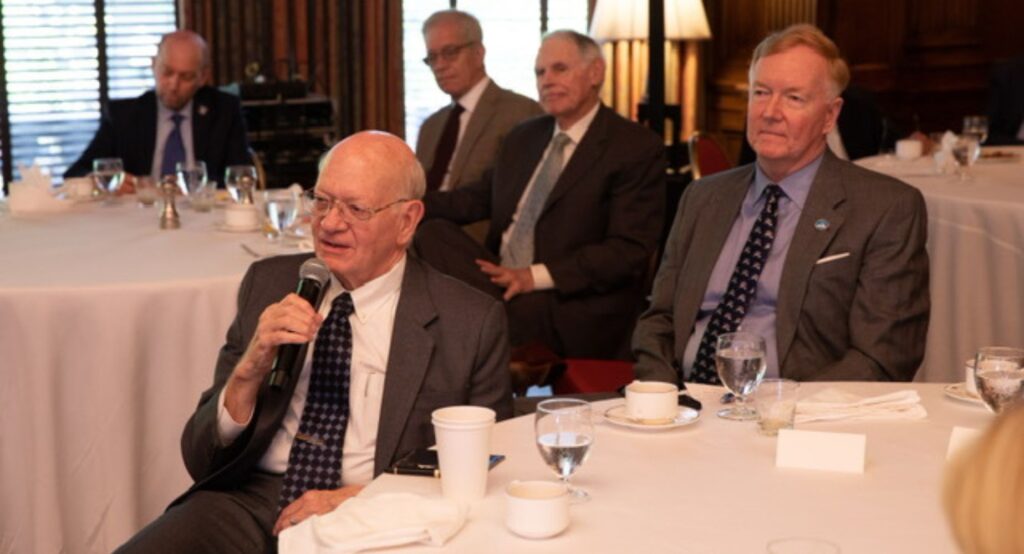
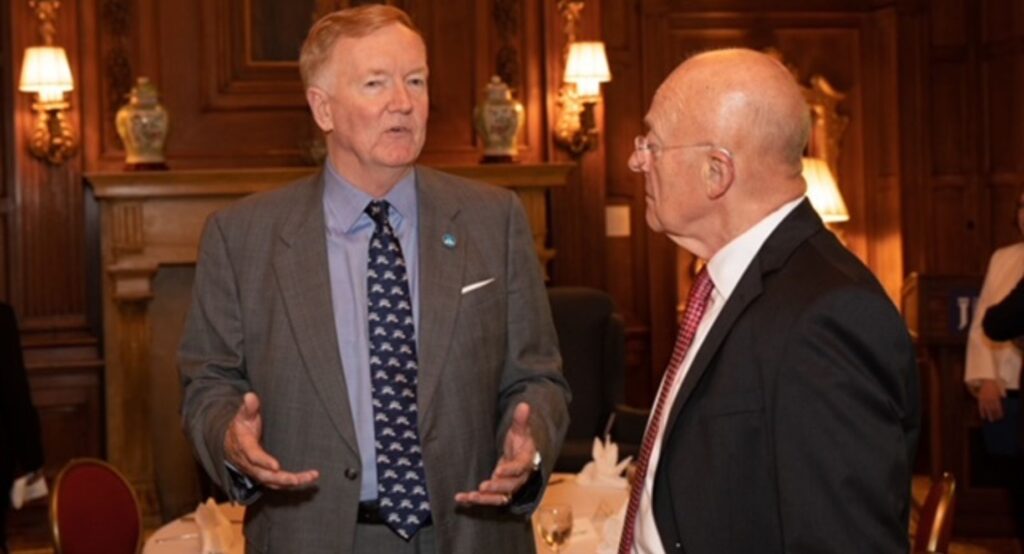
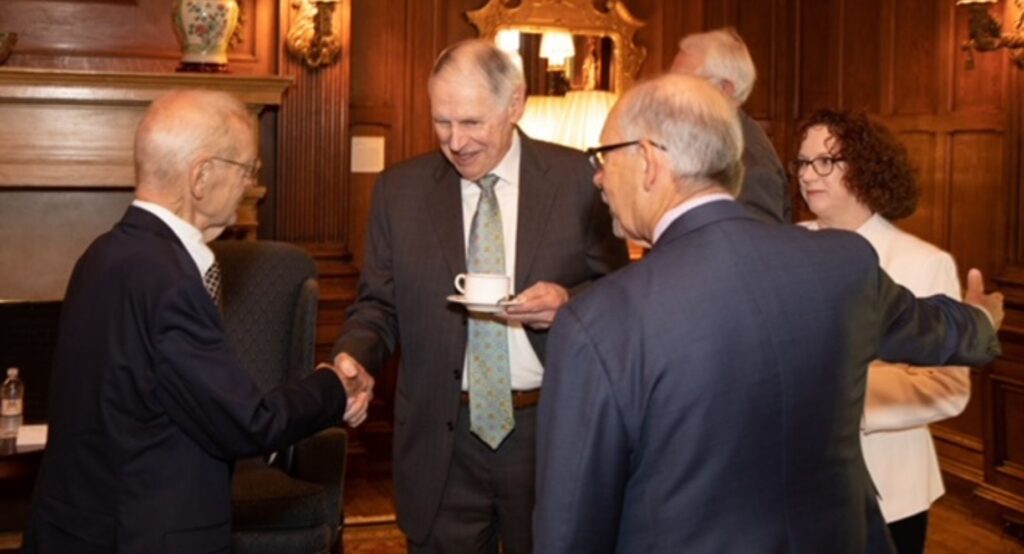
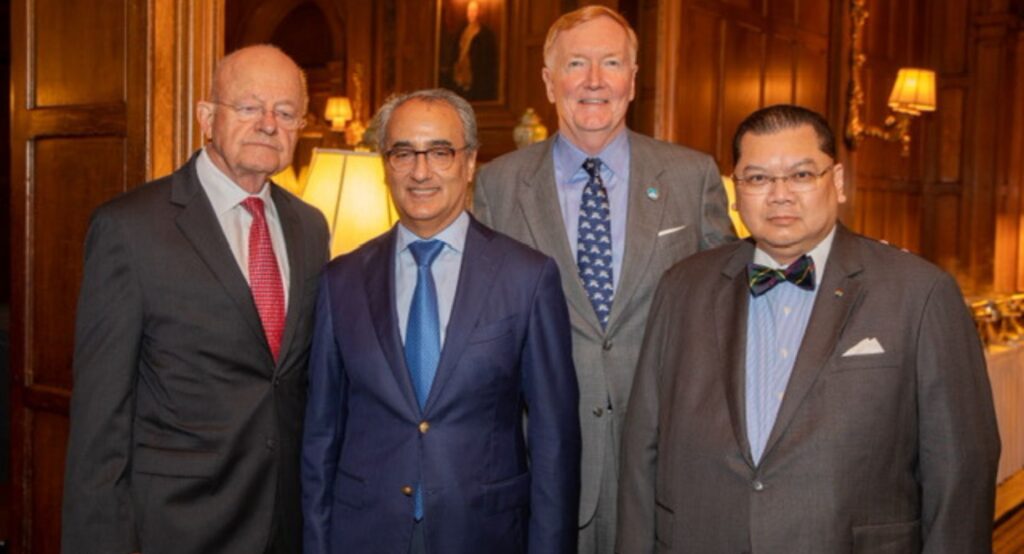
China relies on Iran and the Gulf for energy resources. Thus the US could work more closely with China to pressure Iran not to escalate naval and drone confrontations in the Gulf. Iran’s support of Russia – providing thousands of drones – has changed the European perspective. Some in Europe, including possibly Germany, are considering designating the IRGC as a terrorist organization.
In Israel, there remains a widespread consensus that Iran is the main strategic threat, including its ability to transfer nuclear technology to Hizbollah. On the other hand, both the Abraham Accords and Israel’s inclusion in the US regional military command in the Middle East, Central Command, have facilitated joint US-Israel-Gulf Arab military operations which show promise of providing a credible military deterrence.
Regarding domestic protests inside Iran, there is certainly room for more international engagement with the opposition, for example to provide internet access and information and prevent legitimization of the regime. The current protests have died down but the regime hasn’t restored authority completely or shut down the protests. As many as 15-30 percent of Iranian women nationally refuse to wear headscarves. Moreover, this civil disobedience cuts across class, regional and ethnic lines, making it qualitatively different from prior protests. The protestors are not yet capable of putting hundreds of thousands in the streets every day, like in 1979. Rather it is simmering at the 1976/1977 levels of discontent with the government.
One of the Iranian regime’s hallmarks over the past 40 years – its ability to evolve and adapt despite factional in-fighting – appears less true today. The pragmatic conservative who headed the national security council, a former head of the IRGC navy who led the rapprochement with the Arab Gulf countries, has just stepped down. Iran, unlike some other Middle Eastern countries, doesn’t have a long tradition of popular support for military institutions; therefore an IRGC take-over is unlikely.

